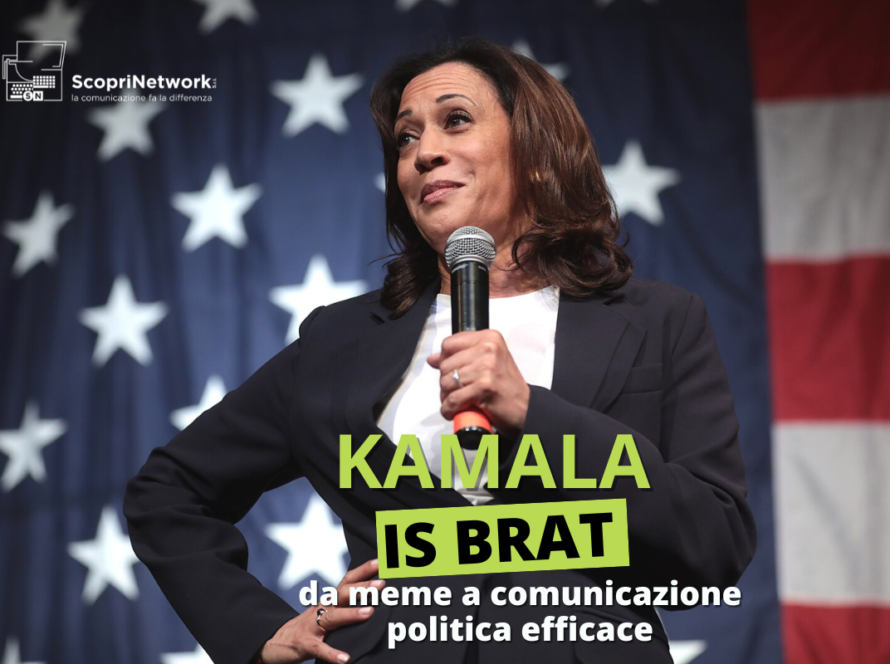Before even having begun, the Eurovision Song Competition is already being called out for taking a stand against Russia’s war against Ukraine yet letting Israel participate despite their ongoing, and needless, attack on Gaza and the Palestinian people. This apparent double standard has raised an important question: can Eurovision be politically neutral?
Is Eurovision political?
Officially, Eurovision is described as a “non-political event” and “shall in no case be politicised and/or instrumentalised and/or otherwise brought into disrepute in any way”. However, due to the nature of the competition, many times artists were able to bypass the rules to communicate a political message. Eurovision itself took a political stand when, following Russia’s invasion of Ukraine, they barred the country from participating. Furthermore, they allowed Ukraine to perform a song which clearly referenced the battle at Azovstal steelworks.
Eurovision finds itself in a difficult position. On one hand their goal is admirable, to strengthen the bonds between Nations whilst promoting individual cultures, languages and traditions. On the other hand, it’s hard to remain a-political in an international joyful competition, as including dictatorships or warmongers may seem like a tacit endorsement of these kinds of ideals and actions. Furthermore, music and writing is inherently political; choices in wording and the emotions in which stories are told communicate a clear point of view and thus can’t be properly neutral.
Art has always been a powerful tool of political messaging. The ancient Spartans used to read specific poems to rile up soldiers before a battle. Similarly, Virgil’s masterpiece, the Aeneid, was in part a work of imperialist propaganda, although it contained veil criticisms of the Emperor as well. Moreover, some of the most iconic rock songs of the 1960s and early 1970s are vehemently anti-Vietnam war.
The controversy regarding Israel
Since Eurovision still believes itself to be a “non-political event”, when they received Israel’s submission entitled “October Rain” they decided to take action. The song’s name and lyrics were clearly referencing Hamas’ attack on October 7 which resulted in the death of 1200 people and the capture of 253 hostages. Since then, more than 30 000 people have been killed in Gaza by the Israeli Army, 13 800 of the victims being children.
After the European Broadcasting Union (EBU) made Israel aware that the song did not meet the necessary criteria to be included in the competition, Israel proceeded to change some of the lyrics and renamed the song “Hurricane”.
Public outcry
Many, however, do not agree with the EBU’s decision to reinstate Israel. Politicians and artists alike are calling for the country to be excluded from the competition, just as Russia was excluded following their attack on Ukraine.
Belgium’s French-speaking Culture Minister Benedicte Linard wrote on X: «Just like Russia has been excluded from competitions and Eurovision following its invasion of Ukraine, Israel should be excluded until it puts an end to its flagrant violations of international law, which are causing thousands of victims, especially children».
Music festivals have always been a place where artists raised awareness of political and social issues they deemed important. One of the most famous music festivals, Woodstock, hosted an incredibly political performance in 1969. At the height of political tension, due to the Vietnam War and Civil Rights movement, legendary guitarist Jimi Hendrix made a statement performing a disturbing version of the National anthem . It is therefore unrealistic and naive of the European Song Contest to believe they can remain neutral and a-political. Perhaps because remaining silent on important issues could be interpreted as implicit support rather than neutrality.





